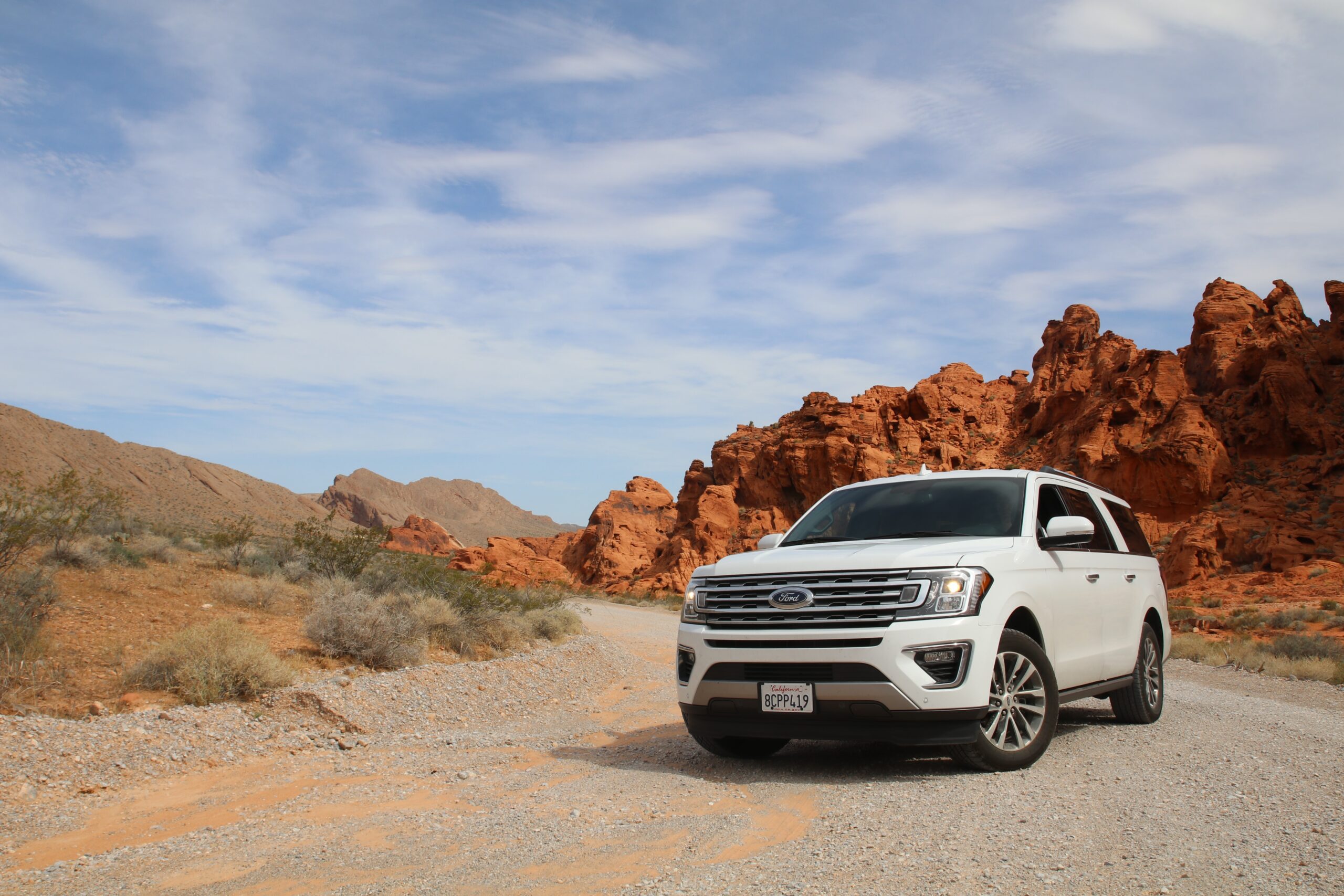Most individuals feel elated after purchasing a vehicle, but what if you have buyer’s remorse? You are not alone in your feelings of unease, worry, or even remorse about your recent auto purchase. This is a more frequent emotion than you may imagine, unfortunately. That’s why you need to do your homework before visiting the dealer. After all, you deserve to have faith in your brand-new ride and enjoy all the benefits it brings. Let’s go through some of the most important questions you should ask yourself before making this significant purchase.
Used or new?
When the perfect moment to buy a car comes, the next step is to decide if a used or new automobile is more practical. Although the price may be higher, buying new gives you the assurance of being the first owner and comes with a guarantee from the manufacturer. For instance, if you dream about owning a Mazda, you can check out this Brisbane Mazda dealer, amongst others, which offers a complete range of different models you’ll surely like. Modern technology also allows you to tailor your car to your own needs and preferences. On the other hand, a used vehicle with some mileage on it may be rather affordable. You can buy the same car, complete with all the extras, for less money. You should consider both your money and your lifestyle when deciding whether to purchase new or secondhand.
What type will suit you?
Another important thing to consider is what kind of car you are hoping to buy. Think about whether or not you have a family that requires you to have a car. How often do you drive, on average, and how much does gasoline cost? These are crucial factors to think about in order to get the ideal car for your needs, whether you’re in the market for a fast coupe or a giant SUV for hauling furniture. Think about the size of your garage or parking spot, too. It’s strange to consider, but imagine the disappointment of buying a new car only to discover that it won’t fit in your garage.
How big is your family?
Do you need a car to accommodate a family of six on a trip? Do you often transport passengers? Do you really need a vehicle if you just use it to get to and from work and run errands? If you acquire a car and then realize you made a mistake, you won’t be in a strong position to return or swap it.
Do your homework before you purchase to ensure you get the proper vehicle the first time. Don’t acquire a vehicle that’s too large or too tiny for your household without giving this question some attention first.
What is the car’s worth?
An important thing is to determine the real market value of the vehicle under consideration. After all, without knowing the car’s worth, you have no way of knowing whether you’re getting a decent bargain.
You don’t have to give up on a transaction just because the seller or dealer is asking too much. Instead, you could attempt bargaining with them to get a better deal. If they refuse to bend, there’s nothing to lose by attempting something new.
What is your payment method?
There are three common approaches to car financing: outright purchase, leasing, and financing. Even though purchasing outright is the most financially sound choice, not everyone is in a position to do so.
It’s crucial to know what you’re getting into before signing a lease, even if the monthly payments may seem more doable than a one-time payment. Leasing a car may be expensive since you may have to make a large final payment or commit to purchasing a new vehicle at the conclusion of the lease.
Car financing isn’t preferable to an outright purchase, but if you find yourself in this position, do your homework before committing to a lender. It’s usually preferable to get financing through a bank rather than the dealer since banks often provide more flexible repayment plans, although this isn’t always the case.
Where to buy?
If you don’t do your research, buying a vehicle might turn into a stressful ordeal instead of a fun adventure. If you were satisfied with the prior auto dealer’s advice, pricing, and after-sale support, you should make them your first contact when looking for a new dealer. It’s possible, however, that you’ll need to go elsewhere, especially if you have a certain model in mind.
Do you really need it?
The excitement of buying a vehicle may be somewhat overwhelming for some individuals. Because of this, we often make rash choices. It’s a red flag if you have to rearrange your budget or make up excuses to buy this automobile. Don’t worry, the automobile will be waiting for you tomorrow. Buying a car is a big investment, so be sure you really need it.
What is MOT history like?
If you’re going with a used car, do a thorough investigation into its past; after all, you don’t want to get a few days’ worth of usage out of it before it gives out on you.
If you look up the vehicle’s MOT history, you may learn about frequent problems the vehicle has had and what to keep an eye out for. The service history, on the other hand, can show you whether or not the vehicle has been adequately maintained by its former owners. To maximize the likelihood of purchasing a dependable and well-maintained automobile, you should look for a used car that has a complete service record.
If you’re not completely at ease with a deal, you can always walk away, but using these questions can help you think and purchase wisely while you look for your next automobile. It’s possible that you need to check out some other parking lots or conduct some further investigation. You may always opt out of a commitment or change your mind afterward; it’s all about being comfortable with your new purchase. And of course, remember to drive safely!


